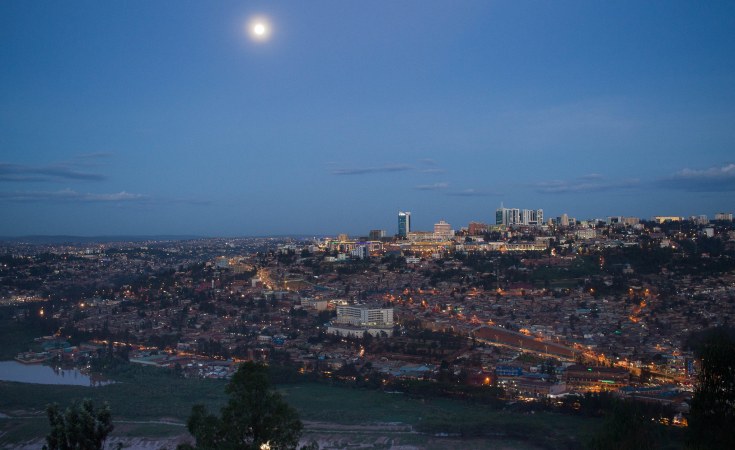Rwanda has been singled out as a significant player in shaping Africa's future, according to a recent World Bank report.
The report titled 'Africa's Pulse: Leveraging Resource Wealth During the Low Carbon Transition' is a publication of the Office of the Chief Economist in the World Bank Africa Region, focuses on the short-term economic prospects of the continent and its current development challenges. It also provides insights on potential ways to address these challenges.
ALSO READ: Rwanda's economy grew by 8.2% in 2022
In the report, Rwanda is mentioned several times in relation to various economic aspects.
Tourism driven economy
Despite challenges posed by the pandemic, the country's economy remained resilient in 2022, driven by the revival of the tourism sector.
According to the report, tourism in Rwanda reached 68 percent of its pre-pandemic level, generating 3.4 percent of GDP in foreign exchange. This is a testament to the country's ability to adapt and respond to adverse circumstances, which is crucial for long-term economic growth.
ALSO READ: Rwanda registers double-digit growth as more sectors recover from Covid-19
Food prices, inflation
Rising food and energy prices continue to be a concern in the region and have contributed to inflationary pressures. According to the report, about 75 percent of the countries in Sub-Saharan Africa registered double-digit year-over-year inflation rates at the end of 2022, with Rwanda being one of them.
The main drivers of inflationary pressures are the depreciation of the exchange rate, high input costs, and extreme weather events, such as droughts in the Horn of Africa.
The report suggests to prevent further deterioration of people's incomes and food security, policy makers need to prioritize bringing down inflation and anchoring inflation expectations.
ALSO READ: 2022: A year of spiraling inflation and efforts to tame it
Secured IMF funding to meet financial needs
Another area of concern highlighted in the report is the financial needs required to roll over maturing debt. Rwanda has had a sharp increase in public gross financial needs, which includes the fiscal deficit, plus any other transactions that require financing, plus amortization.
As a result, Rwanda is among countries that have negotiated IMF-funded programs to meet their gross financing needs. Recently, Benin, Ghana, Uganda, and Rwanda all secured IMF staff-level agreements.
The report highlights that even though securing financing is critical, policy makers also need to address underlying issues that lead to high financial needs.
ALSO READ: IMF, Rwanda reach agreement on economic, monetary policy
On track to achieving full energy access by 2030
On a positive note, Rwanda was mentioned among countries on track to achieving full energy access by 2030. The report notes that despite progress made prior to the pandemic, the installation of new stand-alone off-grid systems was most affected by the pandemic, as the majority of new connections since 2020 have been grid connections.
To address this, the Rwandan government set aside $30 million to subsidize rural electrification with solar technology. However, the price of technology has increased substantially due to the pandemic, as prices of raw materials have gone up and logistics disruptions have been pervasive.
The report features Rwanda's comprehensive national electrification strategy, reasonably-staffed national agencies responsible for electrification, strong and timely tracking procedures, and inclusion of off-grid solutions and affordability measures.
ALSO READ: Over 70 per cent households have access to electricity- REG
The report highlights the need for African countries to diversify their economies and move away from relying on extractive industries such as oil and gas. Instead, countries are encouraged to invest in sectors such as tourism, agriculture, and manufacturing, which can create more jobs and lead to sustainable economic growth in a low carbon future.


